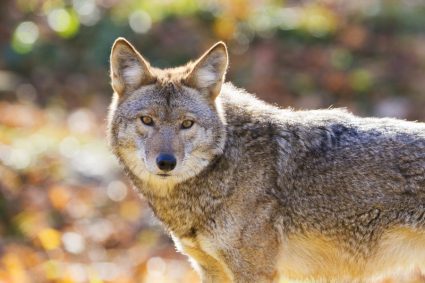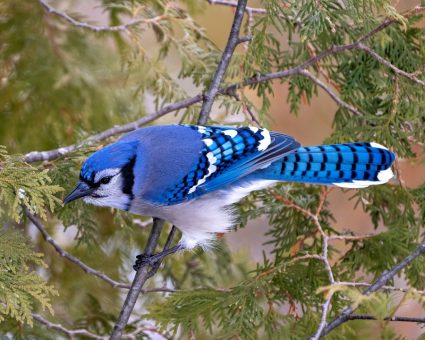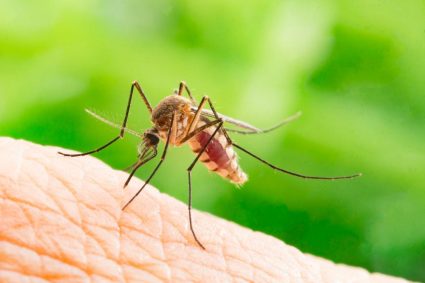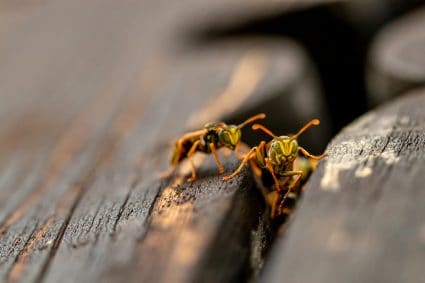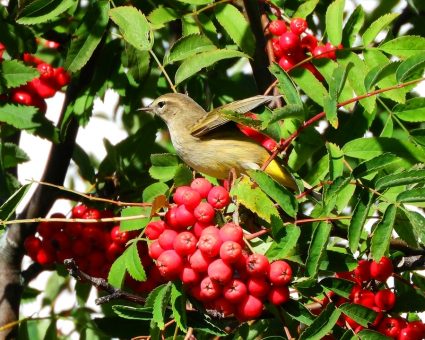
Rabbits are charming creatures with a strong sense of taste, and understanding their taste preferences can be crucial in various contexts, from pet care to garden protection. But did you know that rabbits also have certain tastes they dislike? In this comprehensive guide, we’ll delve into what tastes rabbits are averse to and why, along with how this knowledge can be beneficial in domestic and wild settings.
Rabbits generally dislike strong and pungent tastes and smells such as garlic, vinegar, chili powder, and certain herbs like chives, lavender, and geraniums. Other taste repellents like cayenne pepper, soap, or human hair can also deter rabbits. These strong scents can irritate their sensitive noses and nasal membranes, leading them to avoid areas with these smells.
Rabbits’ Taste Preferences
Before we jump into the tastes rabbits dislike, it’s essential to understand their primary taste preferences. Rabbits are herbivores and their dietary needs revolve around specific types of foods:
- Hay or grass: This should form the bulk of a rabbit’s daily diet, providing the necessary fiber for a healthy digestive system.
- Leafy greens: These can supplement a rabbit’s diet, but should be a smaller portion compared to hay or grass.
- Pellets: A small, measured amount of high-quality pellets can be included in a rabbit’s diet.
- Occasional treats: Root vegetables like carrots and fruits are high in sugar and should only be fed in small amounts as occasional treats.
In the wild, European rabbits primarily consume grasses, followed by woody species, graminoids, and forbs.
Tastes Rabbits Dislike
Rabbits generally dislike strong and pungent smells. Some specific tastes and smells that rabbits dislike include garlic, vinegar, chili powder, predator urine, sulfur, blood meal, chives, lavender, geraniums, and wax begonias.
Taste repellents like cayenne pepper, soap, or human hair can also make plants taste unpleasant to rabbits and deter them from eating the plants. These strong scents can irritate their sensitive noses and nasal membranes, making them avoid areas with these smells.
Understanding Rabbit Taste Buds
Rabbits have about twice as many taste buds as humans and a sense of smell that is 15 to 20 times better than ours. Like humans, rabbits primarily use their taste buds to taste food. However, the perception of taste may vary between species due to differences in the number and distribution of taste buds, as well as differences in the specific taste receptors and their sensitivity to various taste compounds.
Protective Taste Preferences in the Wild
A rabbit’s aversion to certain tastes can serve a protective purpose in the wild. This selective feeding behavior can be an evolutionary adaptation that helps them avoid ingesting plants or other substances that could be detrimental to their health and survival.
Impact on Domestic Care
Understanding a rabbit’s taste dislikes can contribute to their care in domestic settings by ensuring that they receive a balanced and appropriate diet, which is essential for their overall health and well-being. Recognizing their sensitivities can prevent exposure to allergens and reduce the risk of allergic reactions, leading to conditions like respiratory infections, chronic rhinitis, and bronchitis.
Variations in Taste Preferences
While there is limited information on taste preferences among different breeds of rabbits, it’s important to note that factors such as diet, age, and individual differences may influence taste preferences in rabbits.
Changing Taste Preferences
A rabbit’s taste preferences can change over time or with exposure to certain foods. In some cases, rabbits may experience a change in their taste preferences after going through a health issue or taking medications.
In conclusion, understanding a rabbit’s taste dislikes can help in providing a balanced diet, maintaining their health, and preventing potential health issues related to allergies or improper nutrition. Whether you’re a pet owner or a gardener looking to protect your plants, this knowledge can be incredibly useful.
Frequently Asked Questions
Can rabbits eat all types of hay?
No, not all types of hay are suitable for rabbits. The best types of hay for rabbits are Timothy hay, orchard grass, and brome. Alfalfa hay is too high in calcium and protein and should only be given to young or pregnant rabbits.
Can a rabbit’s dislike for certain tastes be used to deter them from gardens?
Yes, many gardeners use taste deterrents like chili powder, garlic, and vinegar to keep rabbits away from their plants. These strong tastes and smells can irritate a rabbit’s sensitive nose and make the plants unappealing to them.
How often should rabbits be fed pellets?
Rabbits should be fed a small, measured amount of high-quality pellets once a day. The exact amount will depend on the rabbit’s size, age, and overall health.
Are there any fruits that rabbits should avoid?
While fruits can be given as occasional treats, some fruits are not suitable for rabbits due to their high sugar or acid content. These include citrus fruits, grapes, and bananas.
Can a rabbit’s taste preferences change with age?
Yes, a rabbit’s taste preferences can change as they age. For example, older rabbits may develop a preference for softer foods due to dental issues. It’s also common for taste preferences to change after a health issue or medication use.

